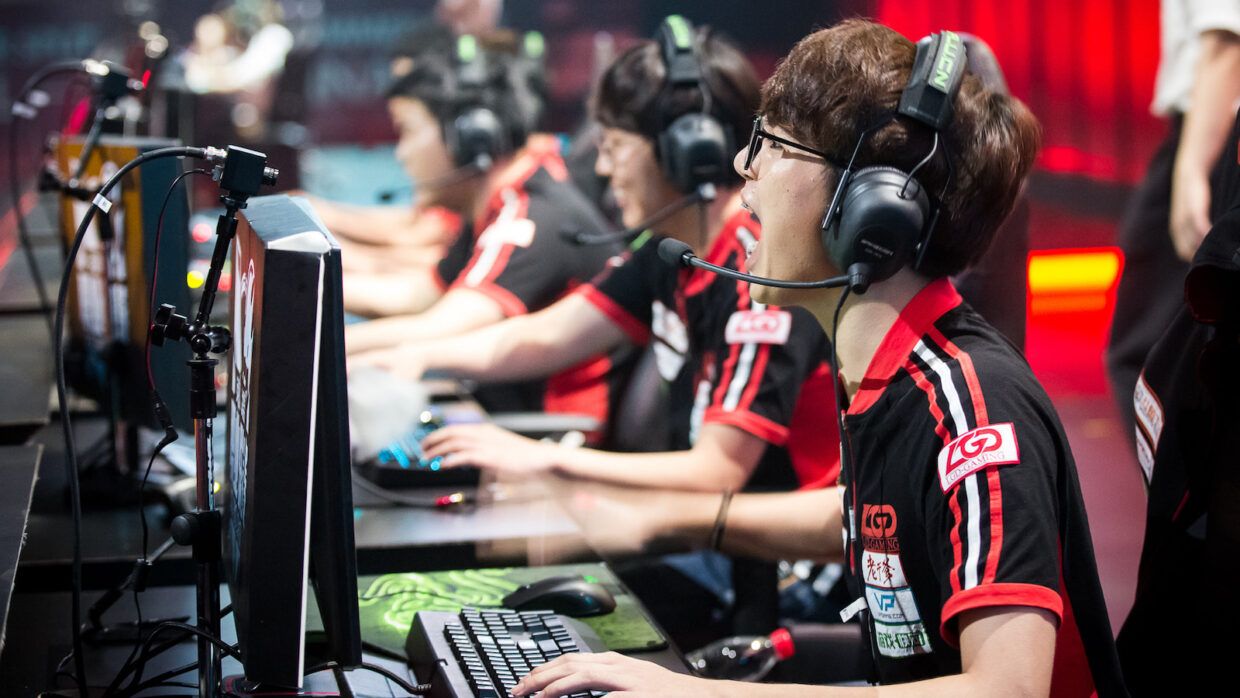The ascendance of e-sports on the global stage is being keenly observed and tapped into by several nations, and the Middle East, led by Saudi Arabia, is not an exception. As part of its grand “Vision 2030” plan, Saudi Arabia is making a strategic play to transform into a global e-sports hub by the end of the decade. However, this ambitious endeavor, although promising, is not free from controversy and criticism.
One major strategy being deployed by Middle Eastern countries, especially Saudi Arabia, is hosting significant sports events. This not only showcases the region’s untapped consumer potential to a global audience, but also stimulates domestic infrastructure development. In line with this, the Public Investment Fund (PIF) of Saudi Arabia has significantly invested in the gaming industry, notably becoming the largest external shareholder in companies like Activision Blizzard, EA, Take-Two, and a major stakeholder in Nintendo.
These substantial investments in sports and gaming, however, have not been without their fair share of critique. PIF’s venture into golf, for example, met with widespread backlash. Many critics interpreted Saudi Arabia’s aggressive investment in sports as an attempt to sportswash—using sports as a means to distract from serious and often contentious issues, notably its human rights record. Recent events further reinforced these concerns when PIF reportedly pursued control of Newcastle United Football Club, a move that the human rights advocacy group Freedom House labeled as an explicit sportswashing attempt.
The country’s strategy to include and encourage women in the gaming industry also raises eyebrows. Despite the public commitment to gender equality as part of the “Vision 2030” initiative, concerns persist about Saudi Arabia’s capacity and genuine will to foster a truly inclusive environment for female gamers and spectators.
Moreover, the Crown Prince’s strategic focus on investments in gaming and e-sports sectors has drawn skepticism, given the nation’s stringent regulations on internet usage and online expression. As Saudi Arabia aspires to play a significant role in the development of a free and open metaverse, its historical record of strict online regulations presents an inherent paradox.
While the potential of the global e-sports market is undeniable, Saudi Arabia’s drive to position itself as a central player has stirred a global dialogue on the intersection of sports, politics, and societal norms. The nation’s push for socio-economic change is commendable, but the path is complex and fraught with criticism. How Saudi Arabia navigates this will determine not only its future in the e-sports realm but also its standing on the global stage.



